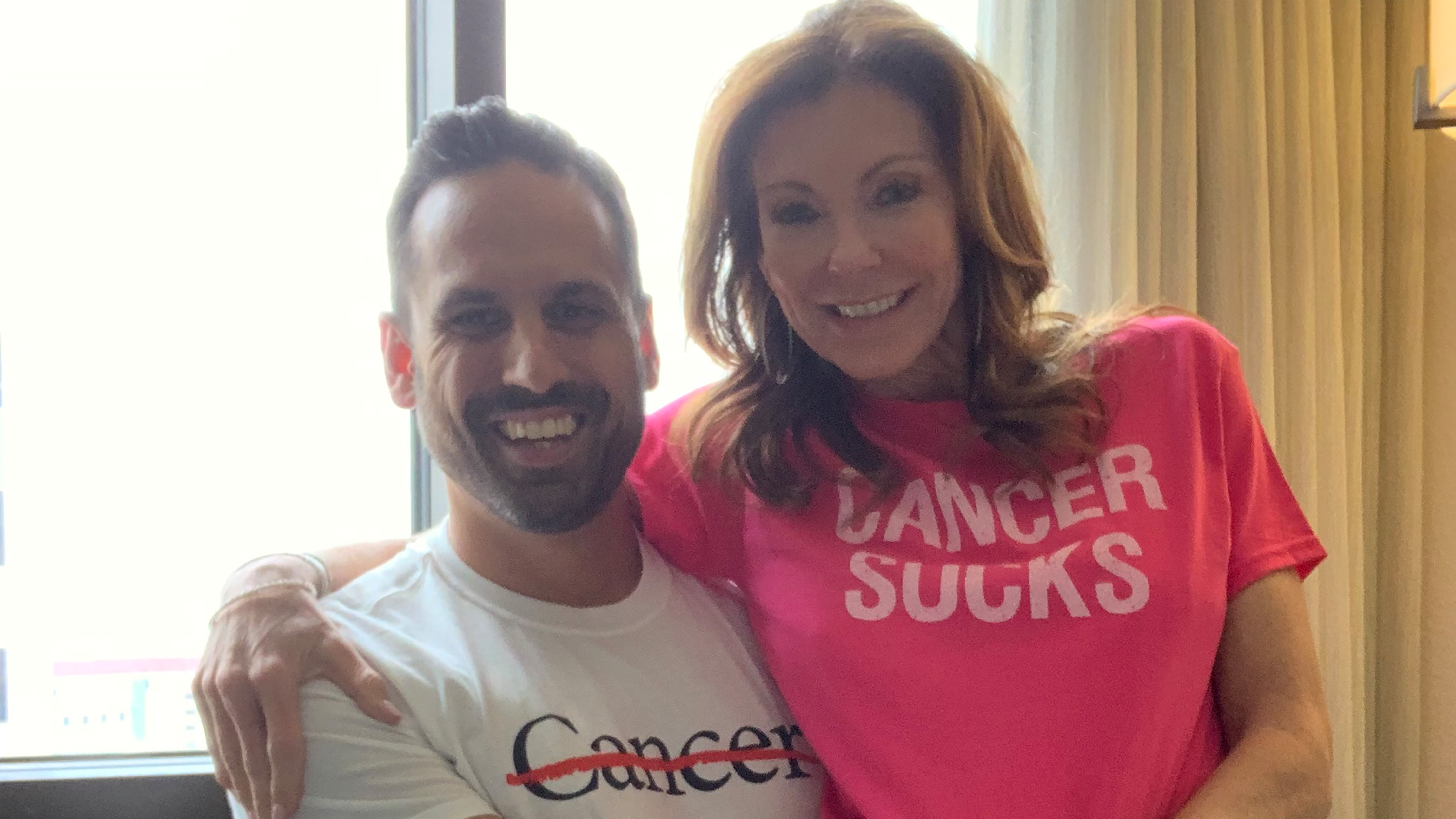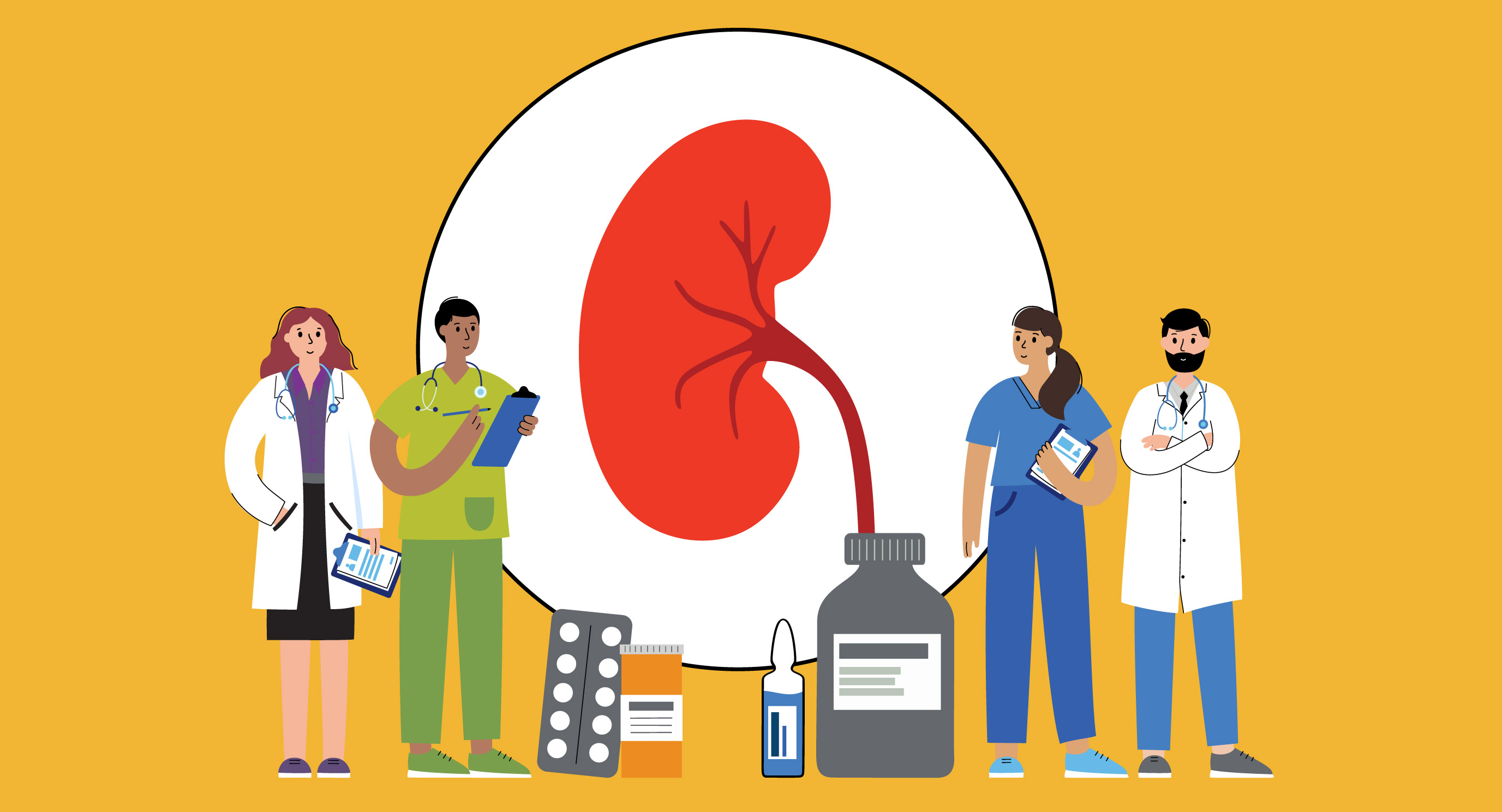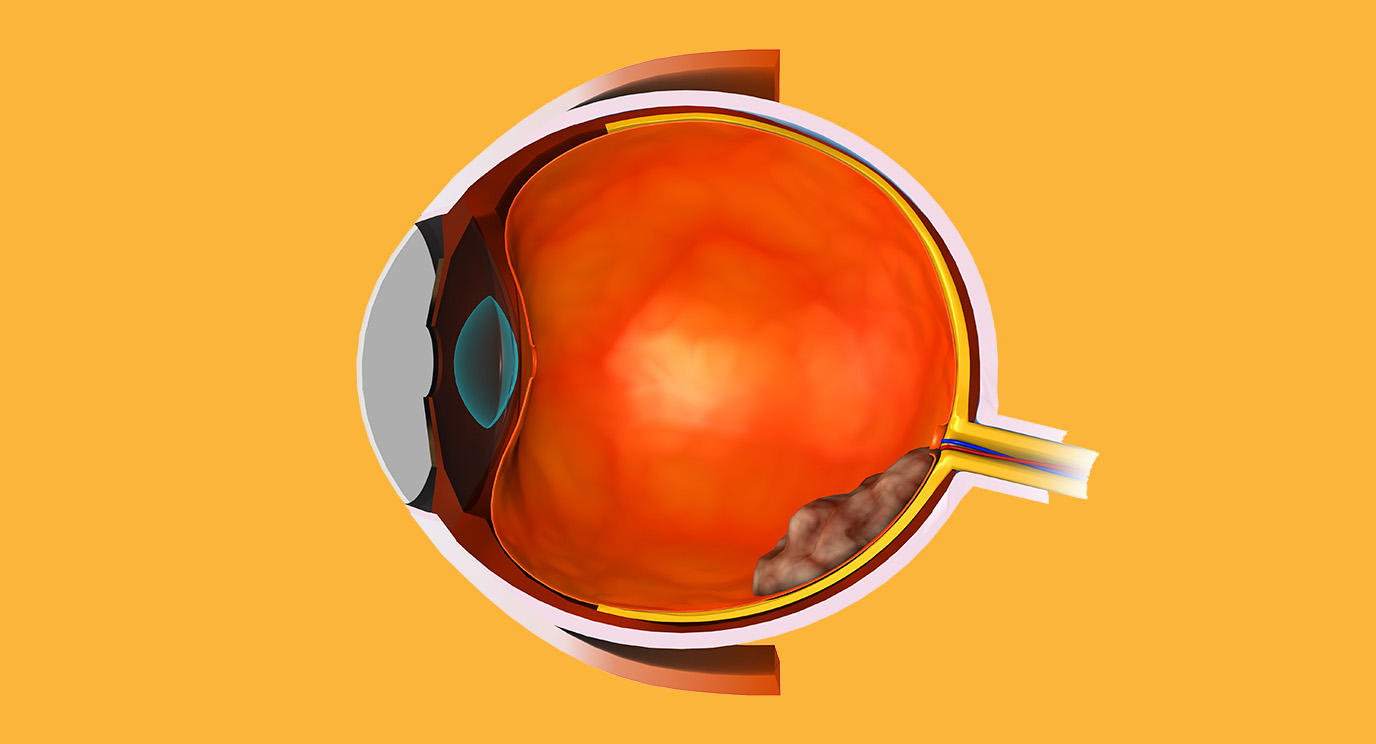- Diseases
- Acoustic Neuroma (14)
- Adrenal Gland Tumor (24)
- Anal Cancer (66)
- Anemia (2)
- Appendix Cancer (16)
- Bile Duct Cancer (28)
- Bladder Cancer (68)
- Brain Metastases (28)
- Brain Tumor (228)
- Breast Cancer (714)
- Breast Implant-Associated Anaplastic Large Cell Lymphoma (2)
- Cancer of Unknown Primary (4)
- Carcinoid Tumor (8)
- Cervical Cancer (154)
- Colon Cancer (164)
- Colorectal Cancer (110)
- Endocrine Tumor (4)
- Esophageal Cancer (42)
- Eye Cancer (36)
- Fallopian Tube Cancer (6)
- Germ Cell Tumor (4)
- Gestational Trophoblastic Disease (2)
- Head and Neck Cancer (6)
- Kidney Cancer (124)
- Leukemia (344)
- Liver Cancer (50)
- Lung Cancer (288)
- Lymphoma (284)
- Mesothelioma (14)
- Metastasis (30)
- Multiple Myeloma (98)
- Myelodysplastic Syndrome (60)
- Myeloproliferative Neoplasm (4)
- Neuroendocrine Tumors (16)
- Oral Cancer (100)
- Ovarian Cancer (170)
- Pancreatic Cancer (166)
- Parathyroid Disease (2)
- Penile Cancer (14)
- Pituitary Tumor (6)
- Prostate Cancer (144)
- Rectal Cancer (58)
- Renal Medullary Carcinoma (6)
- Salivary Gland Cancer (14)
- Sarcoma (236)
- Skin Cancer (294)
- Skull Base Tumors (56)
- Spinal Tumor (12)
- Stomach Cancer (60)
- Testicular Cancer (28)
- Throat Cancer (90)
- Thymoma (6)
- Thyroid Cancer (98)
- Tonsil Cancer (30)
- Uterine Cancer (78)
- Vaginal Cancer (14)
- Vulvar Cancer (18)
- Cancer Topic
- Adolescent and Young Adult Cancer Issues (20)
- Advance Care Planning (10)
- Biostatistics (2)
- Blood Donation (18)
- Bone Health (8)
- COVID-19 (362)
- Cancer Recurrence (120)
- Childhood Cancer Issues (120)
- Clinical Trials (622)
- Complementary Integrative Medicine (24)
- Cytogenetics (2)
- DNA Methylation (4)
- Diagnosis (226)
- Epigenetics (6)
- Fertility (62)
- Follow-up Guidelines (2)
- Health Disparities (14)
- Hereditary Cancer Syndromes (122)
- Immunology (18)
- Li-Fraumeni Syndrome (8)
- Mental Health (118)
- Molecular Diagnostics (8)
- Pain Management (64)
- Palliative Care (8)
- Pathology (10)
- Physical Therapy (18)
- Pregnancy (18)
- Prevention (886)
- Research (388)
- Second Opinion (74)
- Sexuality (16)
- Side Effects (602)
- Sleep Disorders (10)
- Stem Cell Transplantation Cellular Therapy (216)
- Support (404)
- Survivorship (322)
- Symptoms (186)
- Treatment (1770)
Colorectal cancer survivor: How I found hope at MD Anderson
3 minute read | Published October 09, 2018
Medically Reviewed | Last reviewed by an MD Anderson Cancer Center medical professional on October 09, 2018
In April 2013, I was a 37-year-old pediatrician with a busy practice and a hectic family life. I didn’t have time to be sick. But when my bloody stools, bowel changes and abdominal pains became persistent enough that I couldn’t ignore them anymore, I finally sought treatment from my local internist.
My doctor ordered scans and blood tests. The blood tests came back fine, but the scan showed a large tumor in my lower left colon. So, my doctor set up a colonoscopy and a biopsy with a gastroenterologist.
I guess I already knew what the doctor was going to say when he called. After all, I’ve used similar words when delivering unwelcome news over the course of my career, too. But nothing in my experience could have prepared me for my own cancer diagnosis.
How I told my family I had colorectal cancer
My doctor told me I had stage III colorectal cancer, which meant that it had spread beyond its original location. The minute I heard “cancer,” my brain took a big time out, so I don’t remember much else about that day. I remember hugging my wife and crying a lot. I remember telling my son, who had just turned 9, and my daughter, who was 6.
Then I did my best acting job ever. I told them confidently not to worry, because I was going to do my best to fight it. Papa was going to be OK.
Why I got a second opinion
The truth is, I had no real basis for saying that. I had no guarantees then, and I still don’t. But I had surgery to remove the tumor and some adjacent lymph nodes near my home in Louisiana. Eight of the 14 lymph nodes proved to be cancerous, too, so my local oncologist recommended chemotherapy. My wife and I decided to get a second opinion.
It wasn’t that I didn’t trust my oncologist. I just had a lot of friends and family members who’d been treated at MD Anderson and strongly recommended it. And, since the hospital was a relatively short distance away, and my oncologist had no qualms about collaborating, we made the appointment and then the three-hour drive.
My colorectal cancer treatment
I was amazed at MD Anderson’s facilities. The hospital sprawls over almost an entire city block. And MD Anderson has a center devoted exclusively to colorectal cancer — a concentration of expertise that’s nearly impossible to find elsewhere.
Dr. Scott Kopetz convinced me beyond a doubt of his team’s skill. I knew they understood my disease and treatment thoroughly. Dr. Kopetz recommended chemotherapy, too — a combination called FOLFOX (folinic acid, fluorouracil and oxaliplatin). He also said I could do it closer to home. I completed 12 rounds of it in Lake Charles under both doctors’ supervision and finished up in November 2013.
Healing after a relapse
Unfortunately, I suffered a relapse in July 2014. An MRI revealed the cancer had spread to my liver. I had surgery at MD Anderson the following month to remove a small portion of that organ, along with my gall bladder, under a team of doctors that included Jean-Nicolas Vauthey, M.D. I also had 12 more rounds of chemo, this time a combination called FOLFIRI (folinic acid, fluorouracil and irinotecan).
I finished those treatments in the spring of 2015 and show no evidence of disease today. But I know too much about cancer now to think I’m out of the woods yet. Because microscopic cancer cells could still be present, even though my scans show no visible tumors. Still, I’ve been cancer-free for almost four years now. So, thank you, MD Anderson, for giving me hope.
Request an appointment at MD Anderson online or by calling 1-877-636-1043.
Related Cancerwise Stories

Thank you, MD Anderson, for giving me hope.
Anatole Karpovs, M.D.
Survivor





